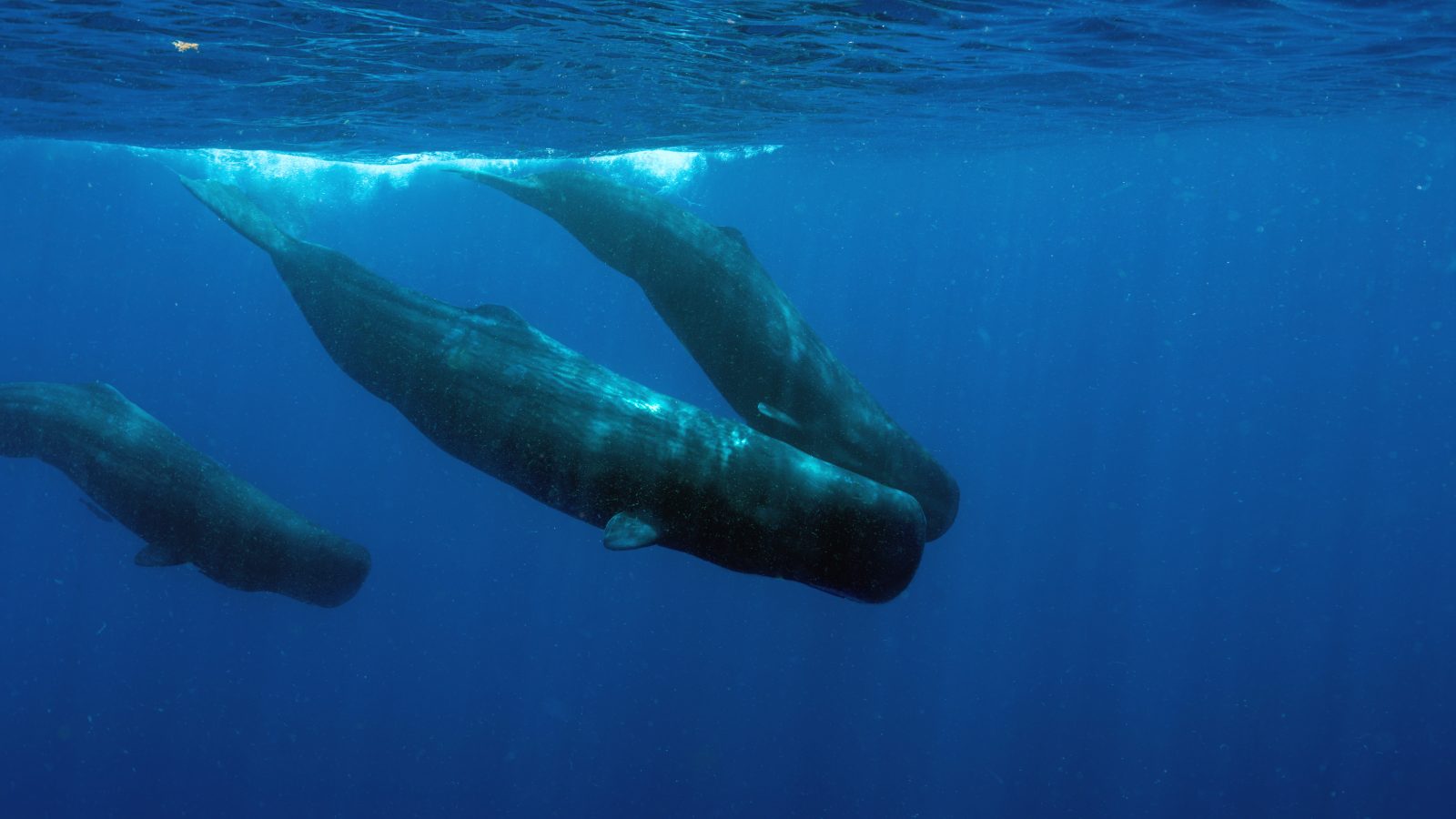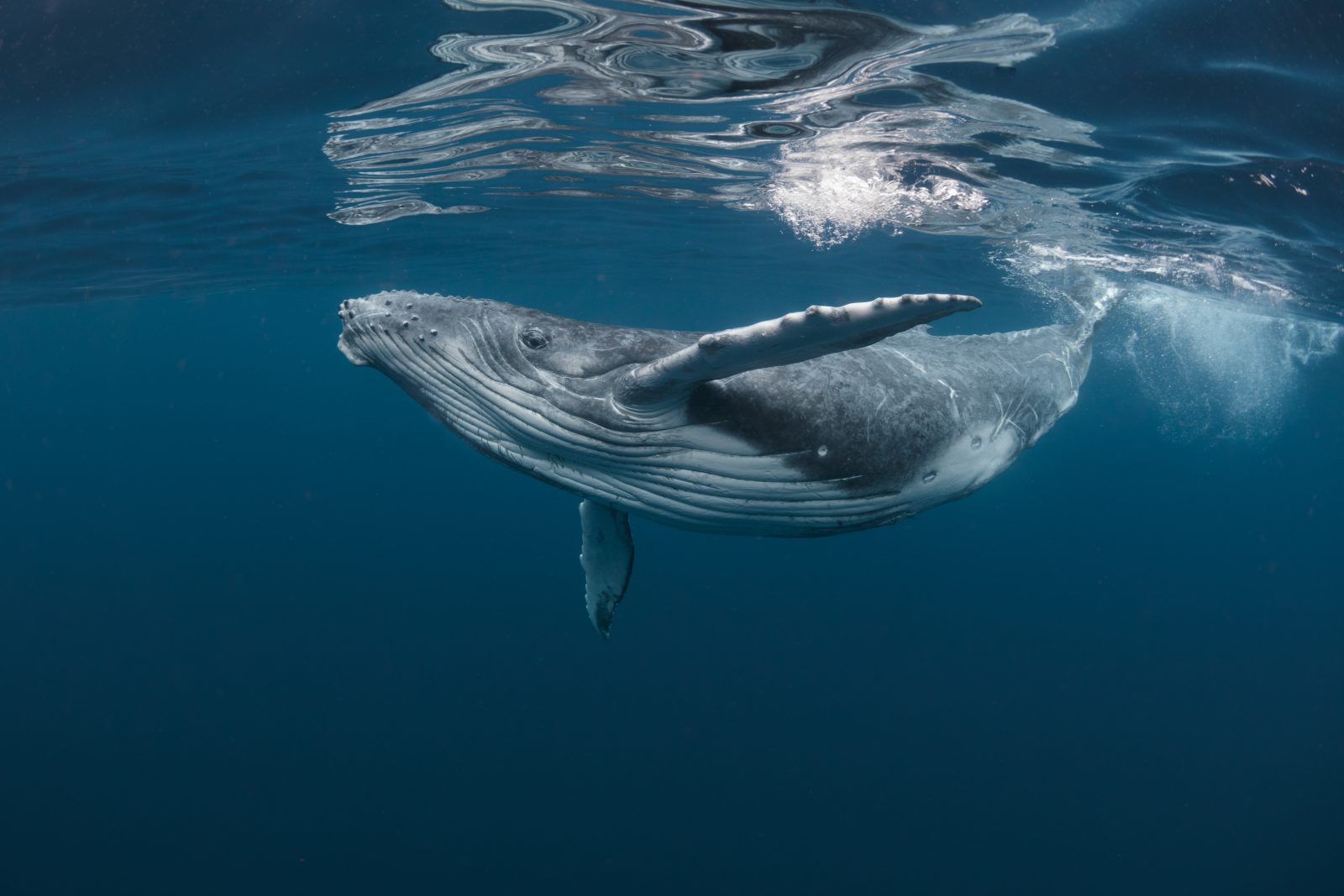


Günter Bechly: Species Pairs Wreck Darwinism
On this ID the Future, distinguished German paleontologist Günter Bechly continues unpacking his new argument against modern evolutionary theory. According to Bechly, contemporary species pairs diverge hardly at all over millions of years, even when isolated from each other, and yet we’re supposed to believe that the evolutionary process built dramatically distinct body plans in similar time frames at various other times in the history of life. Why believe that? He suggests this pattern of relative stasis among species pairs strikes a significant and damaging blow to Darwinian theory. In this Part 2 episode, Bechly and host Casey Luskin discuss mice/rat pairs, cattle and bison, horses and donkeys, Asian and African elephants, the Asian black bear and the South American Spectacled bear, river hippos and West African pygmy hippos, the common dolphin and the bottle-nosed dolphin, and the one outlier in this pattern, chimpanzees and humans. If chimps and humans really did evolve from a common ancestor, why do they appear to be the lone exception to this pattern of modern species pairs differing in only trivial ways? Bechly notes that whatever one’s explanation, there appears to be clear evidence here of human exceptionalism. He and Luskin go on to cast doubt on the idea that mindless evolutionary processes could have engineered the suite of changes necessary to convert an ape ancestor into upright walking, talking, technology-fashioning human beings. What about Hawaiian silversword plants? They seem to have evolved into dramatically different body plans in the past few million years. Are these an exception to Bechly’s claimed pattern of species pair stasis? After all, the differences among silverswords can be quite dramatic, with differences far more extensive than what we find between, say, Asian and African elephants or horse and donkey. Drawing on a second article on the topic, he notes that some extant species of plants possess considerable phenotypic plasticity. They have the capacity to change quite dramatically and still breed with other very different varieties. This appears to be the case with silverswords. There is more to his argument. Tune in to hear him unpack it and also respond to additional objections Luskin raises. Part 1 of their conversation is here.

Species Pairs: A New Challenge to Evolutionary Theory
On today’s ID the future, German paleoentomologist Günter Bechly and host Casey Luskin unpack a recent article of Bechly’s at Evolution News, “Species Pairs: A New Challenge to Darwinists.” There Bechly describes a challenge to evolutionary theory that thus far has been given little attention, namely “the morphological similarity of modern species pairs.” He says this “poses a severe problem for Darwinian theory “because it implies that the macroevolutionary processes that allegedly were at work and common during all periods of Earth history and in all groups of organisms, apparently were totally absent in the origins of all of the millions of living species.” Or as he puts it in a follow-up article on the same topic, “Among the 350,000 described fossil species, we can identify numerous abrupt origins of new body plans within a 5–10 million years window of time. Among an estimated 8.7 million recent species we find no such body plan disparity in any pairs of species that diverged in a similar time frame according to molecular clock studies. This contradicts expectations from a Darwinian perspective.” Species pairs Bechly and Luskin discuss include firs and cedars (both of them conifers), species of houseflies, the tree sparrow and house sparrow, the marine iguana and land iguana, the Moor frog and the European common frog, and two varieties of damselfly. Bechly says that far from being exceptions to the rule, these species pairs, which have diverged very little over millions of years, are the rule, so much so that he’s waiting to be shown a single counterexample. What about something like Hawaiian honeycreepers, with their widely varying colors and beak shapes? Bechly says that in all the ways that they vary, it’s been shown that only one or two genetic switches need to be made to account for the divergences. This is very different from cases where an entire new body plan or system appears, such as the countercurrent heat exchange found in whales. It’s these dramatic innovations that modern evolutionary theory needs to explain, and it’s precisely the kind of change we don’t see in any modern species pairs, according to Bechly. In addition to providing a lively summary of his article, Bechly also spars with Luskin, who gamely plays the devil’s advocate and poses a series of objections that a modern Darwinist might lob. Tune into hear how the German paleontologist responds.

An ID Debate: Joshua Swamidass and Günter Bechly, Pt. 1
Today’s ID the Future features a debate over the merits of intelligent design. Günter Bechly is a German paleoentomologist heard many times on ID the Future, who says the science convinced him that intelligent design is true. S. Joshua Swamidass is a computational biologist at Washington University in Saint Louis who says ID may or may not be true in some part of what it affirms, but for him, the science doesn’t lead you to it. They met in a dialogue hosted by Justin Brierley on his Unbelievable? podcast, reposted here with Brierley’s permission. This is the first half of the conversation. The second half is coming to IDTF soon.

A Whale of a Tale: Cetacean Evolution, Pt. 3
On this episode of ID the Future, Ray Bohlin interviews Jonathan Wells about whale evolution. Listen in as Wells investigates hox genes and the time needed to fix a mutation in a population — and concludes that genetic mutations can’t do the trick.

A Whale of a Tale: Cetacean Evolution, Pt. 2
On this episode of ID the Future, Ray Bohlin and Jonathan Wells explore what it would take to build a functional whale from a land mammal, and the bear of a problem Darwin faced.
Read More ›
Dr. Richard Sternberg: Whale Evolution and Living Waters
In this first episode of ID the Future, Casey Luskin interviews Dr. Richard Sternberg, evolutionary biologist and CSC Senior Fellow, whose discussion of whale origins is featured in Illustra Media’s documentary, Living Waters: Intelligent Design in the Oceans of the Earth. Sternberg critiques whale evolution, noting that the timespan is too short for the bodyplan modifications needed to transition from a land mammal to a whale. Purchase Living Waters today!